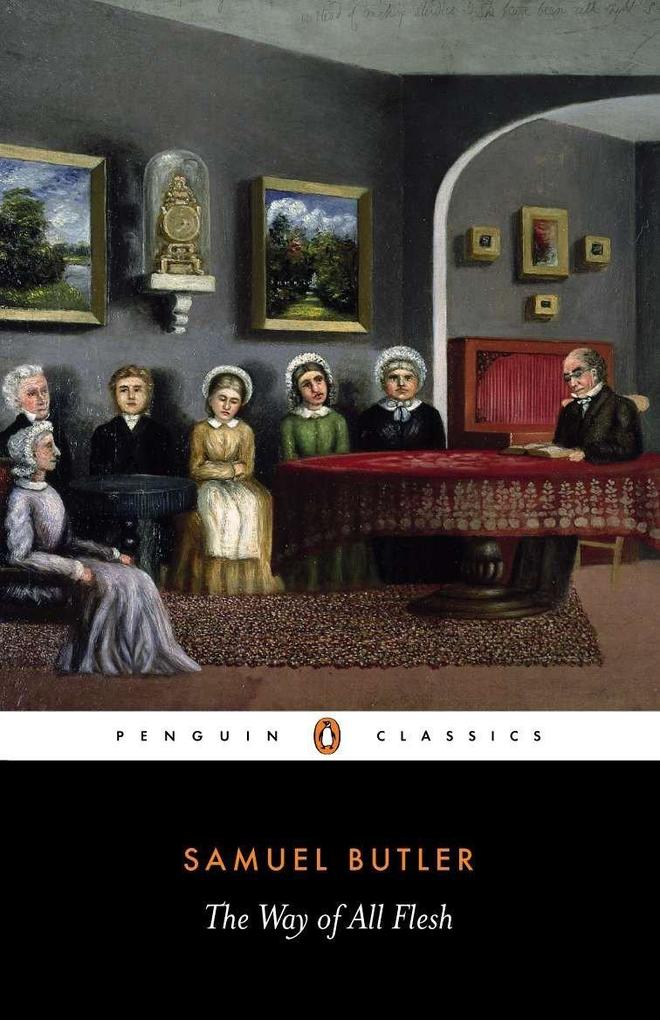
Zustellung: Mi, 11.12. - Di, 17.12.
Versand in 3-4 Wochen
VersandkostenfreiBestellen & in Filiale abholen:
"I am the enfant terrible of literature and science. If I cannot, and I know I cannot, get the literary and scientific big-wigs to give me a shilling, I can, and I know I can, heave bricks into the middle of them."
With The Way of All Flesh, Samuel Butler threw a subversive brick at the smug face of Victorian domesticity. Published in 1903, a year after Butler's death, the novel is a thinly disguised account of his own childhood and youth "in the bosom of a Christian family." With irony, wit and sometimes rancour, he savaged contemporary values and beliefs, turning inside-out the conventional novel of a family's life through several generations.
For more than seventy years, Penguin has been the leading publisher of classic literature in the English-speaking world. With more than 1,700 titles, Penguin Classics represents a global bookshelf of the best works throughout history and across genres and disciplines. Readers trust the series to provide authoritative texts enhanced by introductions and notes by distinguished scholars and contemporary authors, as well as up-to-date translations by award-winning translators.
With The Way of All Flesh, Samuel Butler threw a subversive brick at the smug face of Victorian domesticity. Published in 1903, a year after Butler's death, the novel is a thinly disguised account of his own childhood and youth "in the bosom of a Christian family." With irony, wit and sometimes rancour, he savaged contemporary values and beliefs, turning inside-out the conventional novel of a family's life through several generations.
For more than seventy years, Penguin has been the leading publisher of classic literature in the English-speaking world. With more than 1,700 titles, Penguin Classics represents a global bookshelf of the best works throughout history and across genres and disciplines. Readers trust the series to provide authoritative texts enhanced by introductions and notes by distinguished scholars and contemporary authors, as well as up-to-date translations by award-winning translators.
Mehr aus dieser Reihe
Produktdetails
Erscheinungsdatum
23. Februar 2006
Sprache
englisch
Seitenanzahl
448
Reihe
Everyman's Library Classics
Autor/Autorin
Samuel Butler
Herausgegeben von
James Cochrane
Verlag/Hersteller
Produktart
kartoniert
Gewicht
356 g
Größe (L/B/H)
198/130/26 mm
ISBN
9780140430127

































